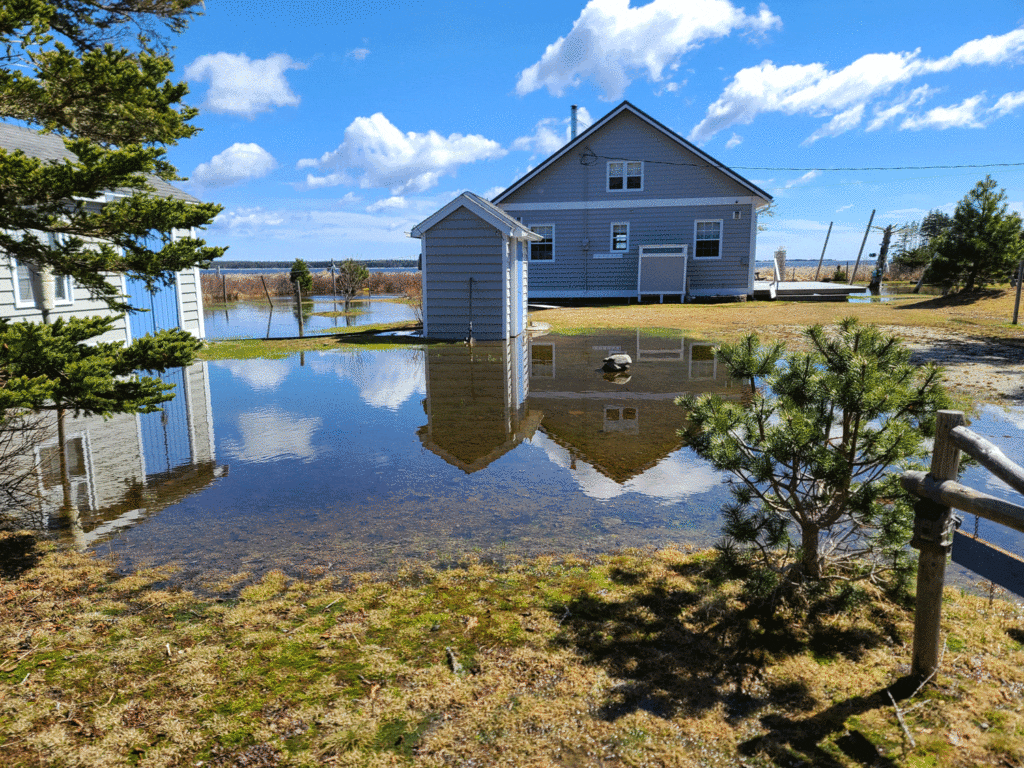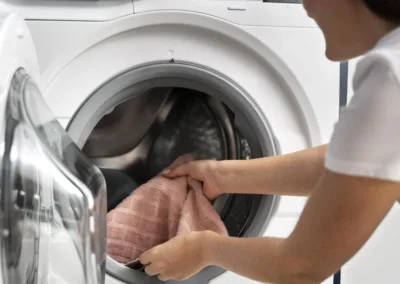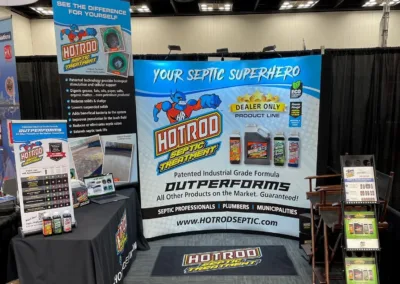
What You Need to Know
Septic systems are a critical component of many homes and communities, but with the increasing effects of climate change, it is becoming more important for homeowners to understand the impact that changing weather patterns and natural disasters can have on their septic systems. In this blog, we will explore the ways in which climate change is affecting septic systems, and what steps homeowners can take to minimize the risks associated with these changes.
Flooding
One of the most significant impacts of climate change on septic systems is the increased risk of flooding. As temperatures rise, heavy rainfall and intense storms are becoming more common, leading to the risk of water damage to septic systems and their components. This can cause septic tanks to overflow, and drain fields to become saturated, leading to expensive repairs and potential health hazards.
Erosion
Another impact of climate change on septic systems is the increased risk of soil erosion and soil degradation. As heavy rainfall and intense storms become more frequent, the soil in which septic systems are installed can become washed away, leaving septic tanks and drain fields exposed and vulnerable to damage. In addition, the soil can become compacted and unable to absorb water, making it more difficult for septic systems to function properly.
Minimize The Risk
To minimize the risks associated with climate change on septic systems, homeowners can take several steps. First and foremost, it is important to properly maintain your septic system, making sure that it is functioning correctly and not at risk of damage. This may include having your septic system inspected regularly, and ensuring that it is pumped out when necessary.
Taking Action Is Key
In addition, homeowners can take steps to protect their septic systems from flooding. This may include installing a sump pump or a backwater valve to prevent water from entering the septic system. Homeowners can also raise the elevation of their septic system, or install a septic tank riser to protect it from flooding.
Finally, homeowners can consider using a concentrated septic treatment like HOTROD Septic, which is designed to help extend the life of your septic system and reduce the risk of failure. With its patented technology and ability to reduce solids and sludge, HOTROD Septic can help keep your septic system functioning properly even in the face of changing weather patterns and natural disasters.
In conclusion, understanding the impact of climate change on septic systems is critical for homeowners, and taking steps to protect your septic system can help minimize the risks associated with changing weather patterns and natural disasters. With proper maintenance and the use of a concentrated septic treatment, homeowners can help ensure the long-term health and functionality of their septic systems.


